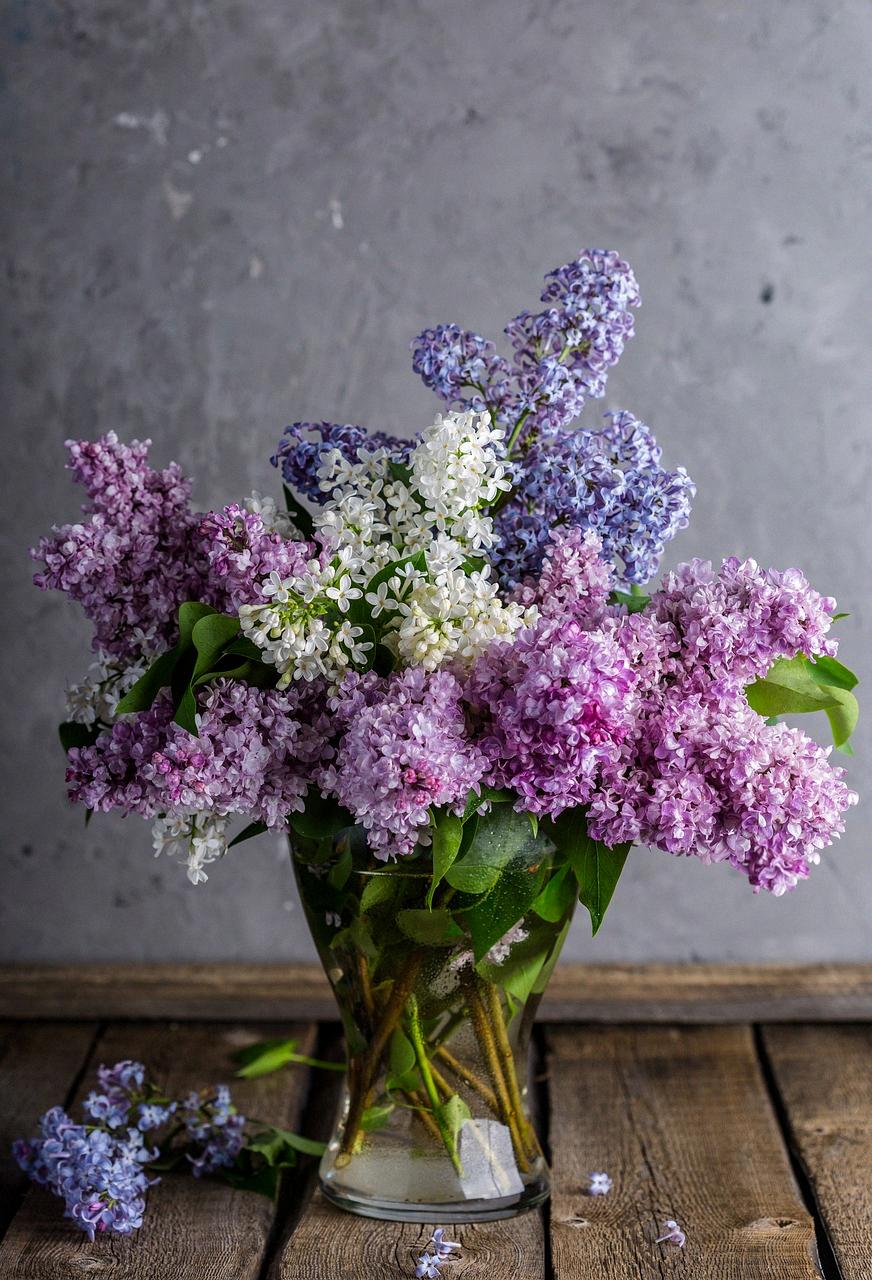When it comes to the safety of our furry companions, it’s important to be aware of potential dangers lurking in our homes and gardens. One common concern among pet owners is whether lilacs pose a threat to cats. The answer, like many things in life, isn’t a simple yes or no.
First and foremost, it’s essential to differentiate between the various types of lilac plants. While the common lilac plant (Syringa vulgaris) is generally considered safe for all animals, including cats, the Persian lilac of the Melia genus is known to be highly toxic to felines. This crucial distinction underscores the importance of being able to identify the specific species of lilac you have in your environment.
If you have a common lilac plant in your garden or home, you can breathe a sigh of relief knowing that it is not likely to cause harm to your beloved kitty. However, if you happen to have a Persian lilac, extra caution is warranted to ensure that your cat does not come into contact with this potentially hazardous plant.
When a cat ingests parts of a toxic plant like the Persian lilac, it can lead to a range of adverse effects on their health. Gastrointestinal distress, such as vomiting and diarrhea, is often the first sign of plant poisoning. Additionally, cats may experience muscle weakness, tremors, and even seizures as a result of consuming toxic plant material.
As a responsible pet owner, it is crucial to take proactive measures to prevent accidental exposure of your cat to toxic plants like the Persian lilac. This can include keeping such plants out of reach of your feline friend, both indoors and outdoors, and being vigilant about monitoring their surroundings to ensure their safety.
Despite the potential risks associated with certain types of lilac plants, it’s worth noting that there are numerous safe and cat-friendly alternatives for adding greenery and flowers to your living space. Options like catnip, cat grass, or even specific varieties of cat-safe flowers can provide a safe and enriching environment for your feline companion without the worry of toxicity.
It’s also essential to be aware of the signs of plant poisoning in cats and to act swiftly if you suspect that your furry friend has ingested a toxic substance. Contacting your veterinarian or an animal poison control hotline can provide you with the guidance you need to address the situation effectively and ensure the well-being of your pet.
In conclusion, while the common lilac plant is generally safe for cats, the Persian lilac poses a significant risk due to its toxic properties. Being able to identify the specific species of lilac you have and taking appropriate precautions to prevent exposure are key steps in safeguarding your feline companion from potential harm.
By staying informed, proactive, and attentive to your cat’s environment, you can create a safe and cat-friendly space that allows your pet to thrive and enjoy their surroundings without unnecessary risks. Remember, when it comes to your cat’s well-being, every little detail matters.

